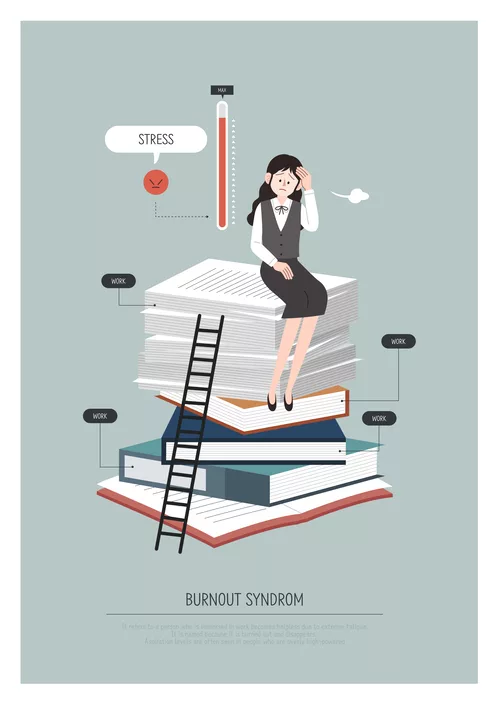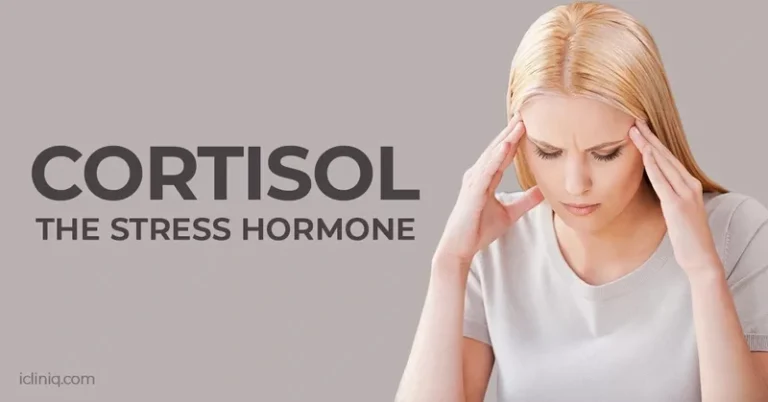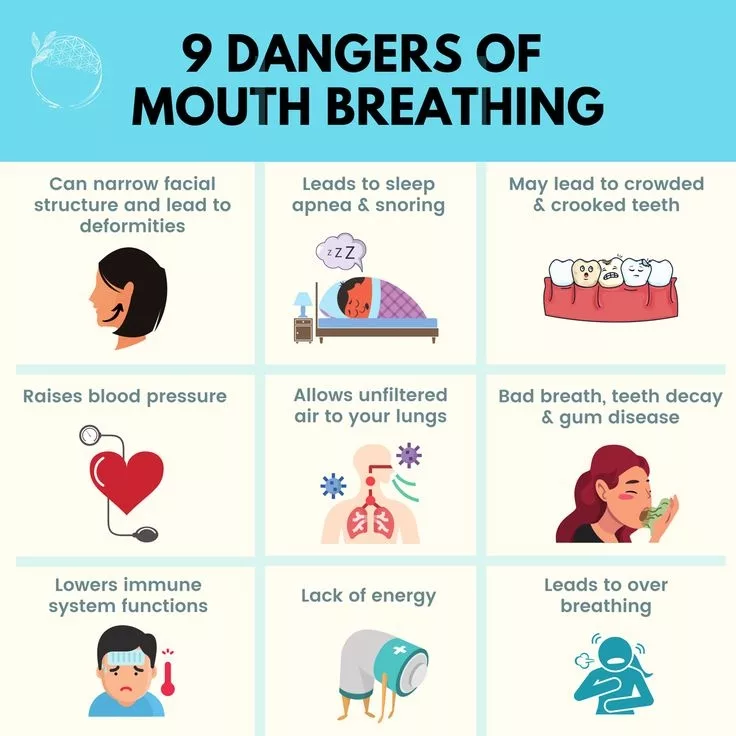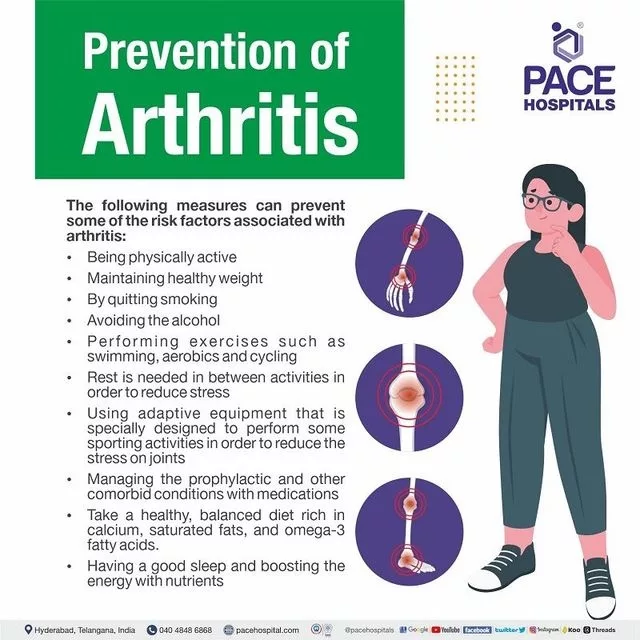Do You Need a Recharge? How to Escape Chronic Fatigue
Today, we’re going to talk about chronic fatigue, a condition many of us experience from time to time. In today’s world, many people frequently find themselves needing a recharge due to stress and exhaustion. Let’s explore ways to break free from this state of fatigue and pursue a healthier life together!

Understanding Chronic Fatigue and Its Common Causes
- Definition of Chronic Fatigue: Chronic fatigue refers to a state of continuous tiredness and fatigue, leading to a feeling of difficulty in daily activities and a lack of energy.
- Common Causes: Several factors can contribute to chronic fatigue, including stress, irregular sleep patterns, nutritional deficiencies, and physical imbalances.
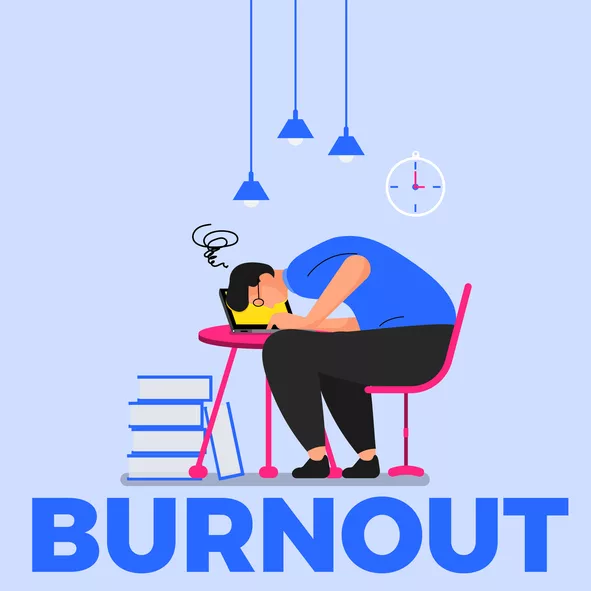
Self-Diagnosis: Identifying Chronic Fatigue
- Energy Levels: Do you consistently feel tired and drained on a daily basis?
- Sleep Patterns: Despite getting enough sleep, do you still feel unrested and lacking energy?
- Physical Symptoms: Do you frequently experience headaches, muscle pain, or digestive issues?
- Mental Symptoms: Are you struggling with decreased concentration, memory loss, or feelings of depression?
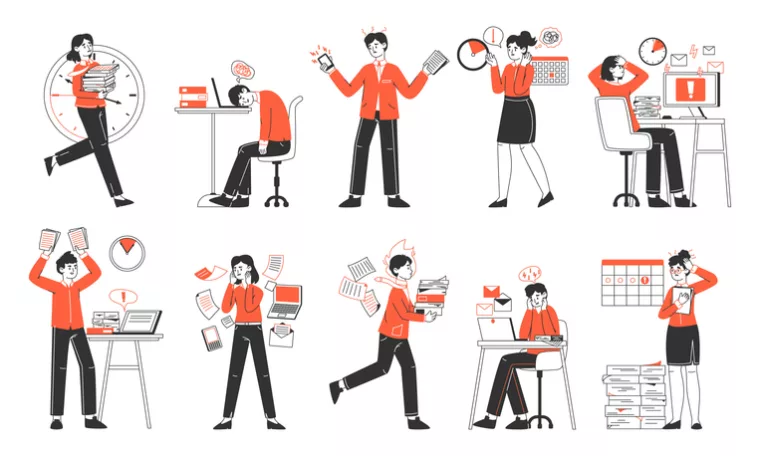
Enhancing Sleep Quality for Energy Recovery
- Maintaining a Regular Sleep Pattern: Strive to go to bed and wake up at the same time every day.
- Improving Sleep Environment: Organize your bedroom to create a quiet and comfortable sleeping environment by removing distractions.
- Reducing Smartphone and Computer Use: Minimize the use of smartphones and computers before bedtime to allow your brain to rest.
- Managing Stress: Find ways to relieve stress and achieve psychological stability.

Boosting Physical Strength Through Nutrition and Dietary Habits
- Intake of Phosphatidylserine: Phosphatidylserine can help improve brain function and memory.
- Balanced Diet: It’s important to consume a balanced diet with proteins, carbohydrates, and fats.
- Adequate Hydration: Drink plenty of water to prevent dehydration.
- Maintaining Regular Meal Times: Stick to regular meal times and choose healthy snacks.
Stress Management and Mental Health Enhancement
- Regular Exercise: Engaging in regular exercise can effectively help manage stress.
- Meditation and Breathing Techniques: Meditation and deep breathing can help achieve mental and physical stability.
- Hobbies and Interests: Find hobbies or interests that bring you joy and satisfaction.
- Social Support: Communicate with family and friends for mutual support.

The Positive Impact of Regular Exercise on Chronic Fatigue
- Aerobic Exercise: Activities like walking, jogging, and swimming can improve physical strength and energy recovery.
- Strength Training: Strength training helps enhance muscle strength and physical endurance.
- Yoga and Pilates: These activities can help maintain balance between body and mind and relieve stress.
- Outdoor Activities: Engaging in outdoor activities in nature can provide mental and physical relaxation and healing.
Small Changes in Daily Life for Significant Energy Gains
- Using a Standing Desk: A standing desk allows you to move more during your daily activities, helping maintain energy.
- Drinking Water: Staying hydrated is crucial for maintaining physical strength and recovering energy.
- Utilizing Short Breaks: Use short breaks for meditation or deep breathing to relax your mind and body.
- Setting Small Goals: Setting achievable goals for the day can provide a sense of accomplishment and boost energy.
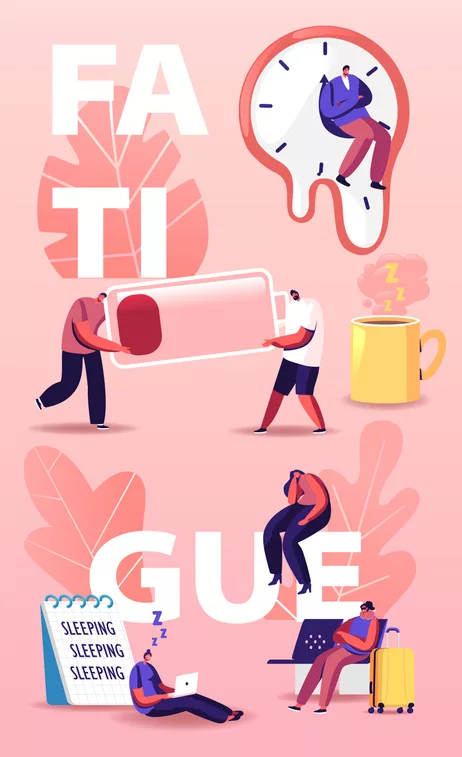
Psychological Recharging Through Rest and Meditation
- Utilizing Rest Time: Take short breaks throughout the day to relieve daily stress.
- Meditation and Breathing: Meditation and deep breathing can help relax your mind and body.
- Going Outdoors: Spending time in nature, walking, or listening to natural sounds can help stabilize your mind.
- Finding Stress Management Techniques: Experiment with various stress management techniques to find what works best for you.
The Importance and Approach to Professional Consultation and Treatment
- Consultation with a Family Medicine Specialist: Share your symptoms with a family medicine specialist and seek advice.
- Exploring Treatment Options: Discuss possible treatment options with a professional and choose the best approach for you.
- MBTI Test: Taking an MBTI test can help understand your personality type and find stress management strategies.

